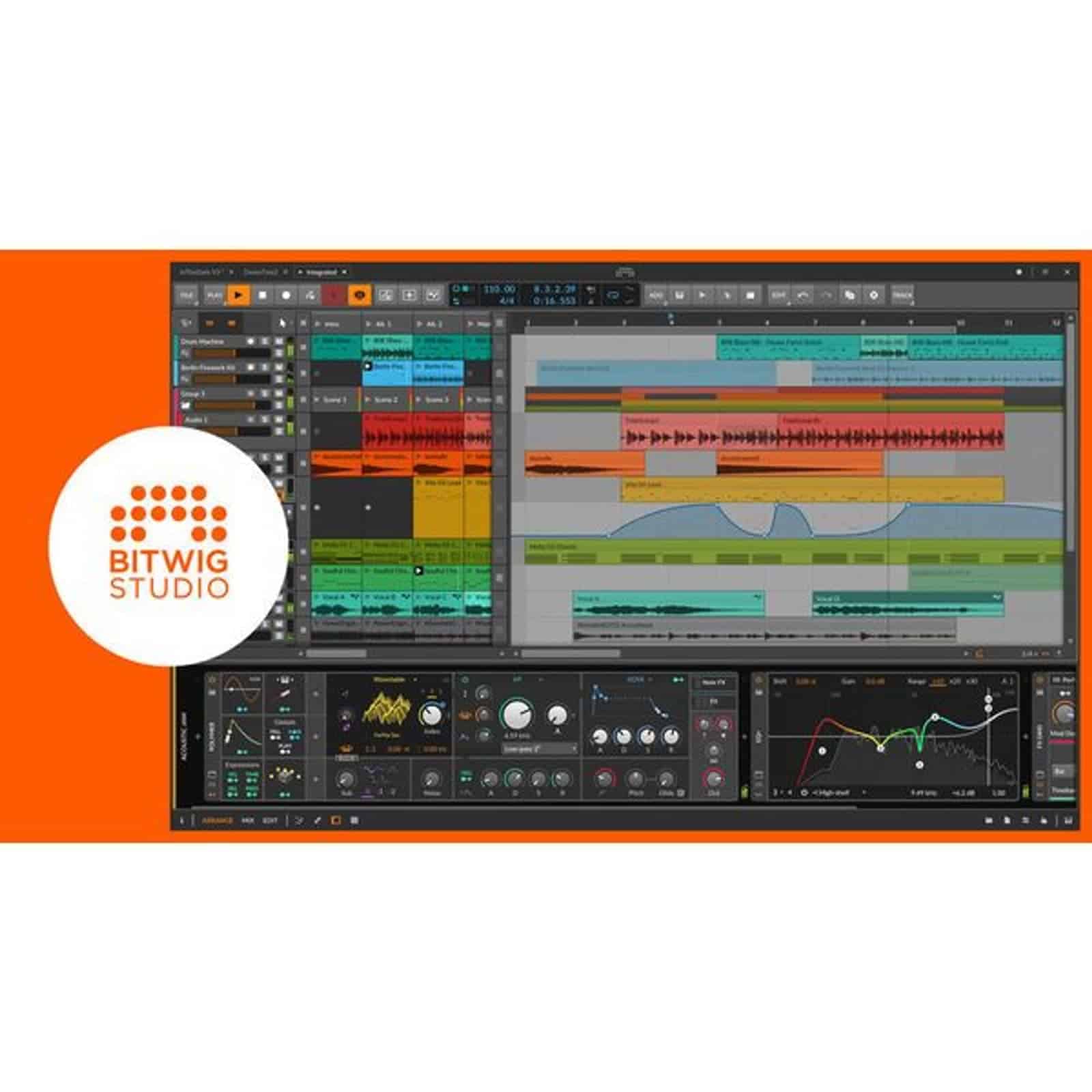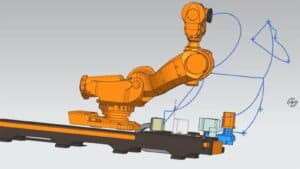As an avid music producer and Bitwig Studio 4 user, I know how crucial it is to find the best laptop for Bitwig Studio 4. A laptop that not only meets the software's system requirements but also enhances your workflow and overall production experience. After all, the last thing you want is to be held back by your laptop when you're in the zone, crafting the perfect track.
In my quest to help you identify the ideal laptop for this powerful DAW, I've reviewed an extensive laptop spreadsheet with recent releases, comparing specs and reviews from both professionals and users alike. I've narrowed down the top laptops based on Bitwig-specific requirements and various price ranges to ensure you find the perfect match for your needs.
When selecting the best laptop for Bitwig Studio 4, it's essential to consider factors such as CPU performance, RAM capacity, and storage type, as these directly impact your ability to run projects smoothly and efficiently. Additionally, a high-quality display and comfortable keyboard are crucial for long production sessions. I've also taken into account features like portability and build quality, as well as recommendations from the Bitwig community and other producers. So, get ready to elevate your music production game with the ideal laptop for Bitwig Studio 4.
Processor Power
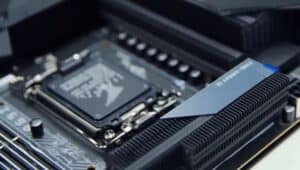
The laptop processor you choose for Bitwig Studio 4 makes a huge difference in performance. Therefore, it is important to choose a processor that suits your needs and budget. With the release of Apple's new ARM-based M1, M1 Pro, M1 Max and M2 system-on-chip modules, and AMD taking 20% of the CPU market, there are more options than ever before. But what is the right processor for you and Bitwig?
What's new in the world of processors?
Intel's 13th generation processors have yet to reach laptops. So, their 12th generation is their latest offering. Meanwhile, Apple's silicon chips adopted a hybrid performance/efficiency core design (based on big.LITTLE) for their M1, M1 Pro, M1 Max and M2 system-on-chip modules, which offer exceptional single-core performance and battery life. Ryzen models also offer great battery life in a PC laptop.
How does Bitwig use the CPU?
Bitwig is available on both Windows and macOS platforms. Although I will include MacBooks in my recommendations, I will focus on Windows laptops since most Digital Audio Workstations (DAWs) are designed for Windows. When choosing a processor for Bitwig, you need to take into account the load that the CPU will be under. If you're working with audio and a lot of virtual instruments, you'll need a powerful processor that can handle the load. If you are just composing music and don't require many virtual instruments, you could get away with a mid-range processor.
When comparing processors, I use multi-core and single-core benchmarks to compare their performance; however, these tests are not perfect since they don't account for differences in clock speed and hyperthreading (which allows one core to process multiple threads simultaneously).
Why I'm not recommending a specific CPU for Bitwig
Since everyone's needs and budget are different, I'm not recommending a specific processor for Bitwig. But I will list the recommended processors for various price brackets.
What to look for in a laptop if you're not planning on upgrading the CPU?
If you're looking for a budget laptop, I recommend looking for an H-series processor with a good performance per watt ratio. Alternatively, if you don't need high performance and are not working with audio, you could opt for an U-series processor.
Table of Recommended Processors organized by Price Bracket
| Price Range | Recommended Processor |
|---|---|
| Budget | Intel i3-1115G4 |
| Mid-Range | Intel i5-10310U |
| High-end | Intel i7-1180G7 |
GPU Choices
The laptop Graphics Processing Unit (GPU) market has changed quite a bit in the past few years. Nvidia continues to dominate the laptop GPU market and have recently released a few RTX 40 series cards; however, these are not yet available on laptops (expected in 2023). Nvidia's latest notebook cards are in RTX 30 series such as RTX 3070 Ti.
Desktop GPUs are now a lot more power-hungry, so the gap between power-limited notebook graphics and desktop graphics cards has widened in the past few years. Additionally, Nvidia has discontinued the Max-Q label for its RTX graphics cards. Now, an exact GPU wattage is determined by a laptop manufacturer (OEM). Unfortunately, that results in a wide variance in graphics performance even in laptops with the same GPU chipset.
Bitwig is not a demanding Digital Audio Workstation (DAW) and it can run on almost any laptop. That said, it's still a music production application, so it's advisable to have some GPU power in your laptop. If you're looking for a more powerful graphics card, you should look for an Nvidia chip, as they're better suited for audio workstations due to their superior audio performance compared to AMD's offerings.
You should look for a discrete graphics card if you need the best performance possible or if your budget allows it. However, integrated graphics are sufficient for most people, and they're much cheaper.
To rank GPUs by performance, I use 3DMark, which is one of the most popular benchmarks out there and is easy to find online. However, keep in mind that these scores don't tell the whole story since different notebooks have different cooling designs that could limit their potential performance; ideally, you'll want to check reviews from professionals who test laptops with similar components as yours (or at least close enough).
Finally, if you're looking for a high-end gaming laptop, look for one with an Nvidia RTX series GPU; these provide excellent performance at a reasonable price (though not cheap).
Table of Recommended GPUs and Expected Laptop Prices:
| GPU | Minimum | Recommended | High-End |
|---|---|---|---|
| Iris Xe Graphics G7 | $999 | ||
| Quadro T500 | $1799 | ||
| GeForce MX550 | $2199 |
Bitwig Laptop FAQ
Q: What are the recommended laptop specs for Bitwig Studio 4?
To ensure a smooth and optimal experience with Bitwig Studio 4, we recommend a laptop with at least 16 GB of RAM, an i5-10310U processor, and a GeForce MX550 graphics card. These specs will provide you with enough power and performance to handle the demands of music production in Bitwig Studio 4.
Can Bitwig Studio 4 run on a budget laptop?
Yes, it is possible to run Bitwig Studio 4 on a budget laptop, but it's important to manage your expectations. For basic usage and smaller projects, a laptop with a minimum of 8 GB of RAM, an i3-1115G4 processor, and Iris Xe Graphics G7 can handle Bitwig Studio 4. However, for larger projects and more complex plugins, you may experience performance limitations and slower processing speeds.
What is the best laptop for music production with Bitwig Studio 4?
The best laptop for music production with Bitwig Studio 4 will depend on your specific needs and budget. If you're looking for a well-rounded option that offers good performance at an affordable price, we recommend the HP Victus, which starts at $890. For a more mid-range option with better specifications, the Dell G15 or the ASUS ROG Strix G15 G513RM, both starting around $1,700, are excellent choices. If you're looking for top-of-the-line performance and have a larger budget, the ASUS ROG Strix Scar, Lenovo Legion Pro 7i 16, or Dell XPS 17 9720, priced at $2,310, $3,390, and $5,600 respectively, are powerful options to consider.
Does Bitwig Studio 4 require a powerful laptop?
Bitwig Studio 4 can run on a variety of laptops with different specifications. While it doesn't require an extremely powerful laptop, having a laptop with more processing power, RAM, and a dedicated graphics card will provide a smoother and more responsive experience, especially when working on larger projects or using resource-intensive plugins. If you're serious about music production and want to work with Bitwig Studio 4 comfortably, we recommend considering a laptop with at least a mid-range configuration.
Can I use Bitwig Studio 4 on a Macbook?
Yes, Bitwig Studio 4 is compatible with Macbooks. However, it's important to note that Bitwig Studio 4 has specific system requirements that must be met, regardless of the operating system. Be sure to check the system requirements for Bitwig Studio 4 and ensure that your Macbook meets or exceeds the minimum recommended specifications.
Which processors are compatible with Bitwig Studio 4?
Bitwig Studio 4 is compatible with a wide range of processors. The minimum requirement is an i3-1115G4 processor, which should be sufficient for basic usage. For better performance and handling more demanding projects, we recommend an i5-10310U or an i7-1180G7 processor. These processors offer faster clock speeds, more cores, and better multitasking capabilities, allowing for smoother music production workflows in Bitwig Studio 4.
How much RAM do I need for Bitwig Studio 4 on a laptop?
The amount of RAM you need for Bitwig Studio 4 on a laptop depends on the complexity of your projects and the number of plugins and samples you use. For basic usage and smaller projects, 8 GB of RAM should be sufficient. However, for larger projects and more resource-intensive work, we recommend a minimum of 16 GB of RAM to ensure smooth performance and prevent any potential bottlenecks.
Is an SSD necessary for running Bitwig Studio 4?
While not strictly necessary, using a laptop with an SSD (Solid State Drive) for running Bitwig Studio 4 is highly recommended. An SSD provides significantly faster read and write speeds compared to traditional hard drives, resulting in faster project load times, smoother playback, and more responsive performance overall. If your budget allows, we highly recommend opting for a laptop with an SSD for an optimal music production experience.
What graphics card is recommended for Bitwig Studio 4?
Bitwig Studio 4 doesn't heavily rely on graphics processing power, so the minimum requirement of an integrated graphics card like Iris Xe Graphics G7 is sufficient for most users. However, if you work with visual effects or use plugins that utilize GPU acceleration, we recommend considering a dedicated graphics card. The Quadro T500 or the GeForce MX550 will provide better graphics performance and ensure smooth visuals within Bitwig Studio 4.
Can I use Bitwig Studio 4 on a touchscreen laptop?
Yes, Bitwig Studio 4 is compatible with touchscreen laptops
RAM: Memory Matters
In the past few years, laptop RAM specs have changed drastically. Most mid-range laptops now come with 16 GB of RAM, while the higher-end ones have 32 GB or more. With the latest-gen Intel and AMD CPUs, they can support either DDR4 or DDR5, though the latter is still quite expensive and needs time to mature as a technology.
So if you're looking for a laptop specifically for Bitwig, how much RAM do you really need? Well, Bitwig is a demanding application, so you'll need a lot of RAM. 16 GB is the minimum if you're working with multi-track audio, but 32 GB would be ideal. If you're going for a MacBook – make sure it has ECC memory. It's not required for most applications, but it can prevent data corruption when working with audio and video.
While more RAM is always better – in this case, it's not the most important component. Instead, prioritize getting the best CPU/GPU and SSD possible. As far as CL and frequency, both are not relevant for performance in this case.
Below is a table of our recommended RAM configurations and their approximate laptop price ranges:
| RAM Configuration | Average Laptop Price |
|---|---|
| 8 GB | $700 – $1000 |
| 16 GB | $1000 – $1500 |
| 32 GB | $1500 – $2000+ |
6 Best Laptops for Bitwig studio 4
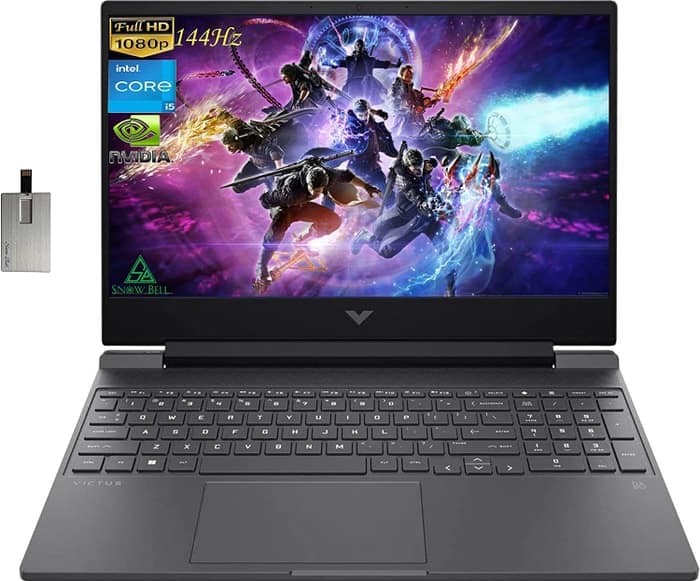
1.HP Victus
HP Victus: A Solid Gaming Laptop with a Few Drawbacks- Delivers smooth gameplay at 1080p.
- Fast SSD.
- User-replaceable memory and storage.
- Good port selection.
- No variable refresh rate support.
- Some performance loss on CPU under load.
Summary
The HP Victus 15 is a powerful gaming laptop with Intel 12th Gen. CPUs and NVIDIA discrete graphics, providing smooth gameplay at 1080p. It features a fast SSD, user-replaceable memory and storage, and a good selection of ports. However, it lacks variable refresh rate support, leading to screen tearing, and experiences some performance loss on the CPU under load.
Reviews
Alternatives
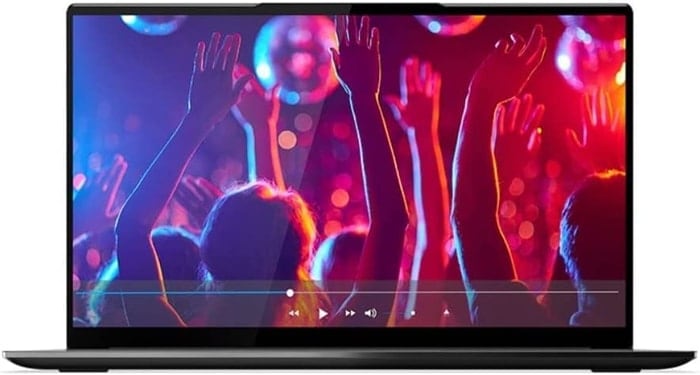
Lenovo IdeaPad Slim 9i
- Relatively bright touchscreen
- Attractive chassis design
- Shallow and weak keyboard feedback
- Slippery and awkward clickpad
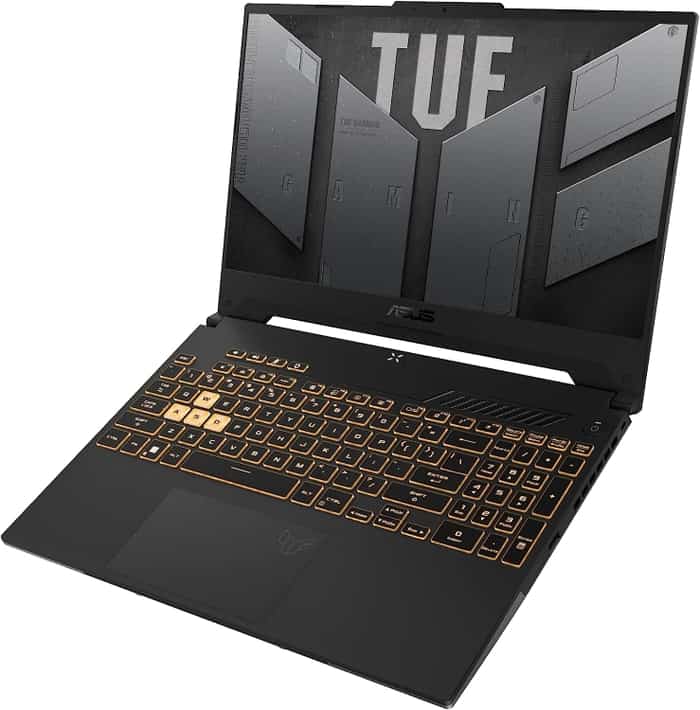
2.ASUS TUF F15 FX507VU-ES53
Powerful budget laptop with superb gaming performance, but lacks in webcam, touchpad, and speakers.- Superb 1080p gaming performance
- Strong productivity capabilities
- Great price
- Poor webcam, touchpad, and speakers
- Some games appear washed out on display
Summary
The Asus TUF Gaming F15 is a budget laptop that excels in gaming with its strong performance and affordability. However, it falls short in terms of its webcam, touchpad, and speakers.
Alternatives

Lenovo Legion 5i Pro 16
- Stylish and sleek form factor
- Gorgeous display
- Webcam quality is poor
- No biometrics

3.ASUS ROG Strix G15
ASUS ROG Strix G15: Unleash high gaming performance with RTX 3000 GPU and Ryzen 5000 CPU.- CPU and GPU deliver high performance
- Good workmanship
- Good display
- Sophisticated design
- Skimpy connectivity
- Coil whine in certain situations
Summary
The ASUS ROG Strix G15 is a powerful gaming laptop featuring an RTX 3000 GPU and a Ryzen 5000 CPU. With its high performance, good workmanship, and user-friendly maintenance, it offers a great gaming experience. However, it lacks connectivity options and may experience coil whine in certain situations.
Reviews
Alternatives
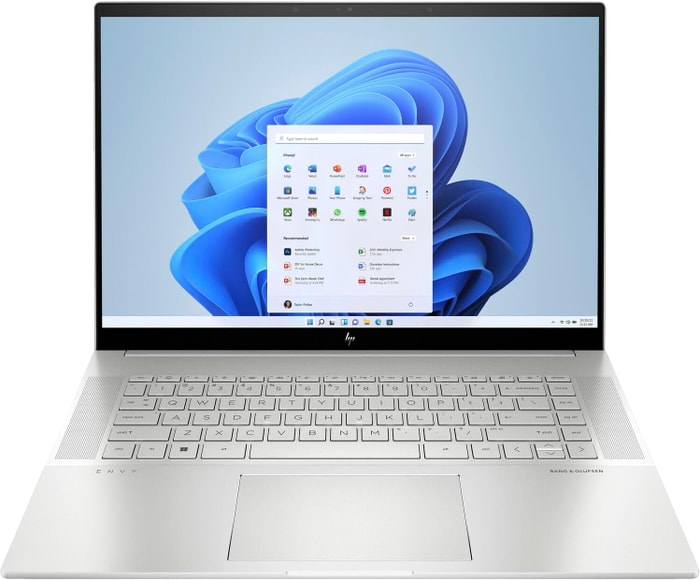 $1,800
$1,800HP Envy 16
- Plenty of CPU and GPU power
- New 120Hz screen refresh rate
- Merely adequate base screen
- Optional OLED has fewer pixels than before
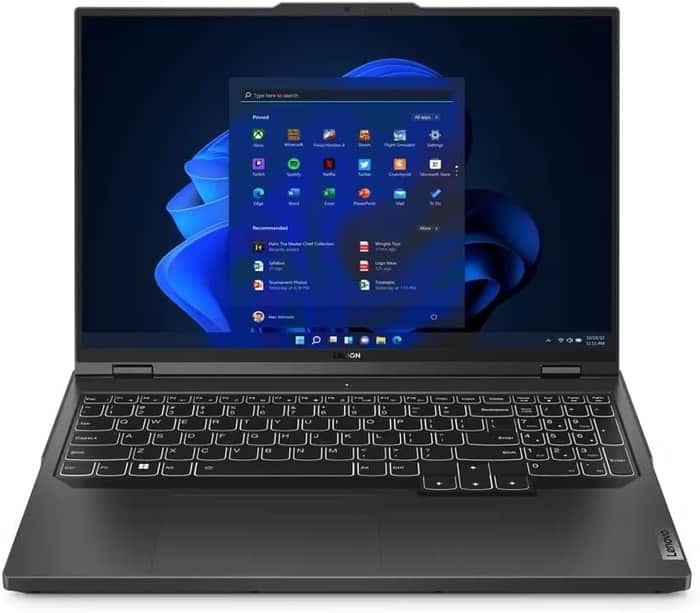
4.Lenovo Legion Pro 5
Lenovo Legion Pro 5: A solid mid-tier laptop with great performance and build quality, but lacks in battery life and speakers.- Good build quality and design
- Good screen and IO
- Competent CPU with three GPU options
- Competitively priced
- Poor speakers
- So-so battery life
- No Thunderbolt or biometrics
Summary
The Lenovo Legion Pro 5 is a well-built mid-tier laptop that offers great performance and a good screen. It has a competitive price and a competent CPU. However, it falls short in terms of battery life, speakers, and lacks Thunderbolt and biometrics.
Reviews
Alternatives
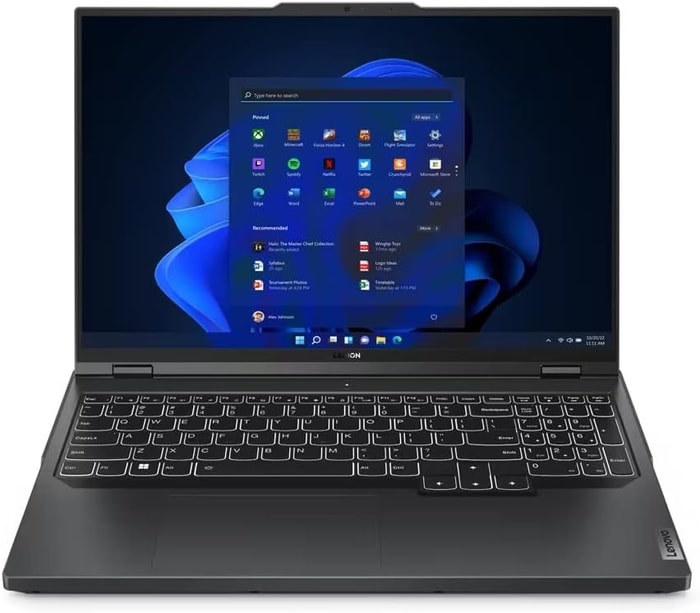 $2,840
$2,840Lenovo Legion Pro 5
- Strong performance for the price
- Quality build and port selection
- Display quality and battery life are just decent
- Bulky and heavy

5.HP Omen 17
HP Omen 17: A high-performance gaming laptop with impressive display and expandable memory, but suffers from noise and below-average battery life.- QHD display with 165 Hz
- Expandable working memory
- Individual key illumination
- Thunderbolt 4 with Power Delivery
- Slightly below-average performance for a RTX 4080
- High noise level
- Clattery case
- Meager battery life
Summary
The HP Omen 17 is a powerful gaming laptop with a QHD display, advanced Optimus technology, and expandable working memory. It offers great performance for video processing and QHD gaming, but falls slightly short in terms of RTX 4080 performance. The laptop's high noise level, clattery case, and meager battery life are some drawbacks to consider.
Reviews
Alternatives
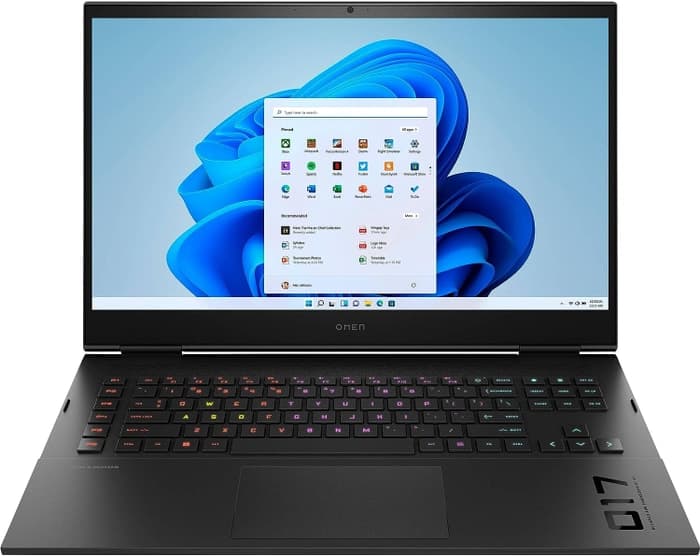
HP Omen
- QHD display with 165 Hz
- Expandable working memory
- Slightly below-average performance for a RTX 4080
- High noise level
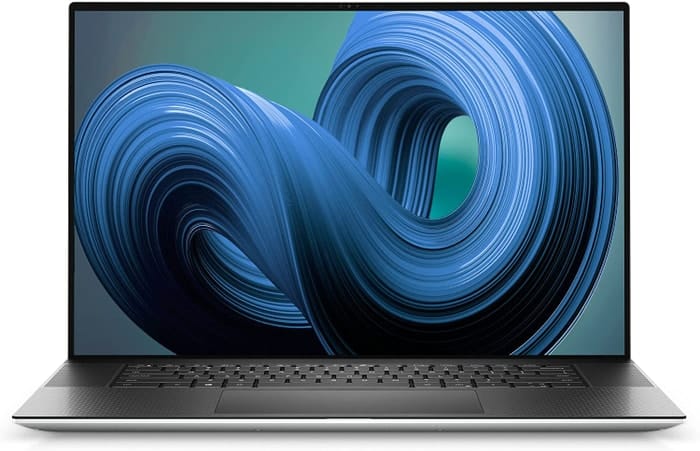
6.Dell XPS 17 9720
Dell XPS 17 9720: A powerful laptop with an excellent 4K display, but with reduced graphics performance and weak cooling.- Excellent 4K display with AdobeRGB
- High-quality case
- Thunderbolt 4 PCIe 4.0
- Very high system performance
- Lower graphics performance than the predecessor
- Performance not completely stable under combined load
- Not Wi-Fi 6E compatible
- 720p webcam
Summary
The Dell XPS 17 9720 is a high-performance laptop with a stunning 4K display and Thunderbolt 4 & PCIe 4.0 connectivity. However, it suffers from lower graphics performance compared to its predecessor and the cooling system is slightly weak.
Reviews
Alternatives
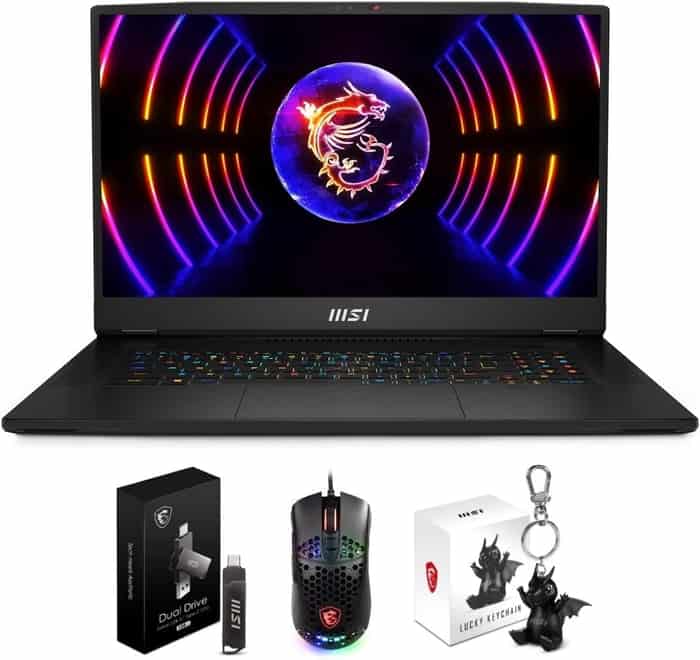
MSI Titan GT77HX 13VI-042US
- Excellent mechanical keyboard
- Class-leading Mini-LED display
- Uninspired design
- Short battery life
Table of the Best Laptops for Bitwig studio 4
| Laptop | Price (approx) |
| HP Victus | $939 |
| ASUS TUF F15 FX507VU-ES53 | $1,100 |
| ASUS ROG Strix G15 | $1,750 |
| Lenovo Legion Pro 5 | $2,630 |
| HP Omen 17 | $4,290 |
| Dell XPS 17 9720 | $5,600 |

